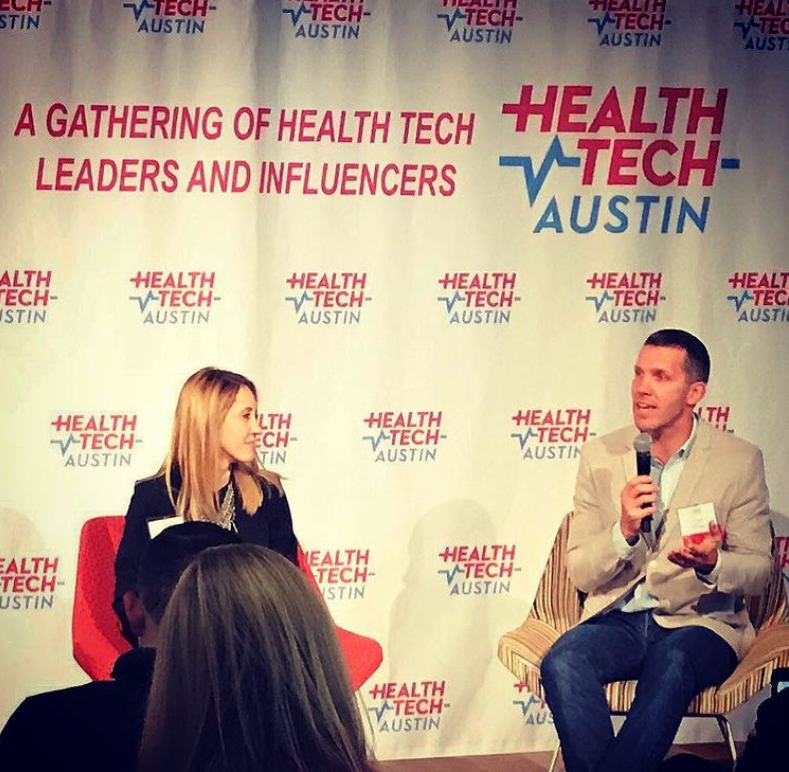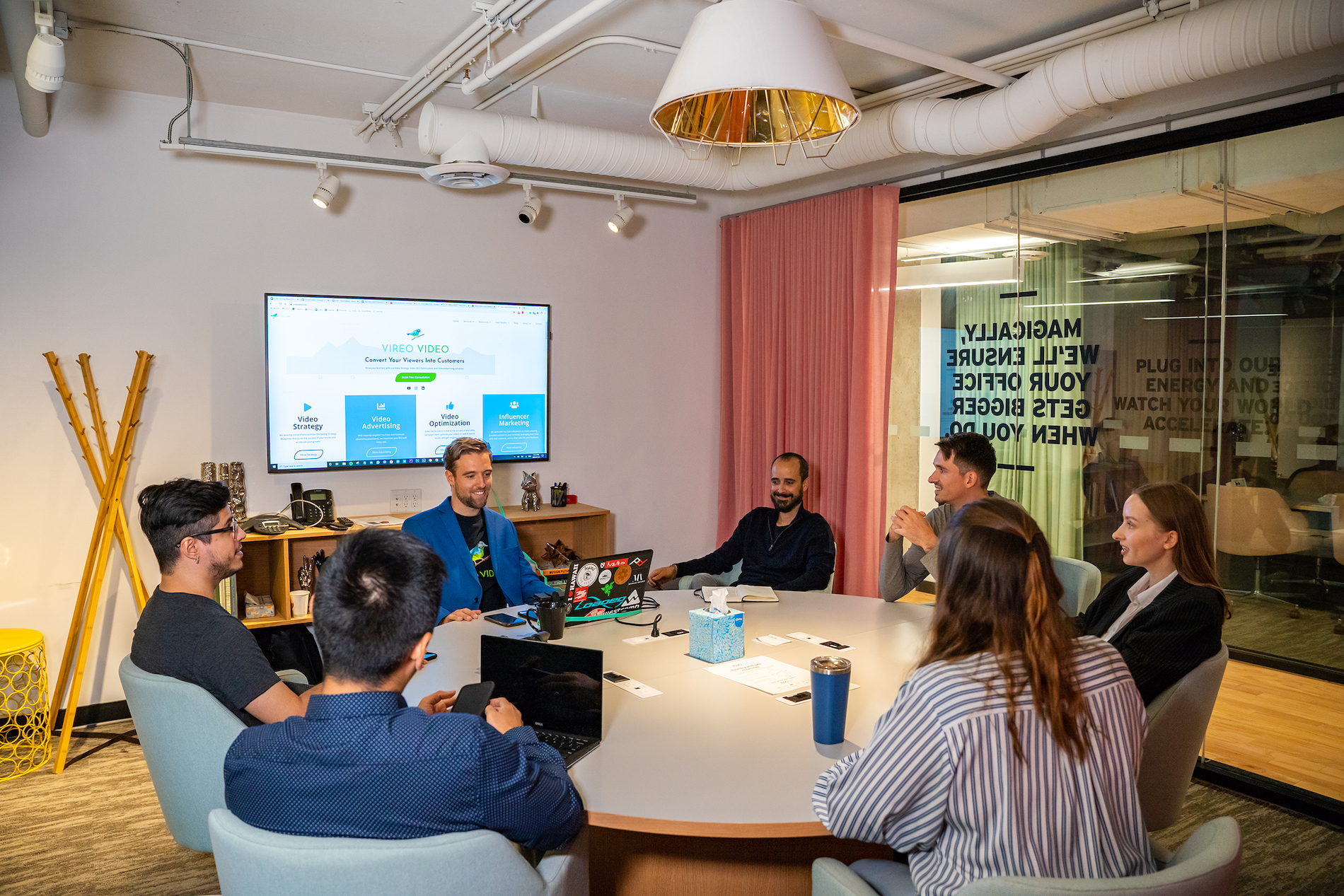
Clint Phillips, CEO of Medi.ci – Curing Health+Care, an end-to-end virtual care medical platform, is no stranger to dealing with the unexpected.
In 2009, when his two-day-old daughter Gabi suffered a stroke that paralyzed the right side of her body, the need to provide her with adequate care led him to found 2nd.MD, which recently sold to Accolade for $460M. 2nd.MD, which helped thousands of people gain access to high-quality second opinions, set Phillips on the path of healthcare reform. So, when the pandemic hit, and his new venture Medi.ci came up against challenges, he was ready to adapt. He will provide those experiences at a Founders Network keynote talk on December 15. Register with Founders Network to know if you qualify for full time membership.
To learn more about how to deal with the unexpected in your startup, see if you qualify for membership and check out the webinar from December 15.
In his webinar, Phillips covered:
- How to examine your company’s vision with objectivity
- Ways to approach investor relationships during a pivot
- What Elon Musk said about failure and how it can help you
- How to cultivate a flexible founder mindset
A pandemic pivot
Medi.ci was planned as a SaaS business, with medical practices simply buying the platform and using it without oversight. But as a result of COVID-19, practitioners shifted to medical care via video, and telemedicine laws changed to facilitate new needs. Phillips watched as entities like Zoom and low-budget apps captured a large amount of the market share. He felt he needed to do more than offer doctors a software platform. He wanted to model the perfect medical practice, helping the staff and patients fully maximize its benefits.
“We had to take a hard look in the mirror. We had not raised all that money around changing healthcare to be a little niche product in a doctor’s office. We had to do something meaningful that we could be proud of,” he says.
To do this, the company required a much larger vision, what Phillips calls “a major pivot.” They had to go back to shareholders and admit that some of their assumptions had been wrong, and that to affect change, they would need to own the value chain, to hire primary care doctors and specialists, train them and build a vertically integrated model.
“We were going from being the WhatsApp of healthcare to being the Mayo clinic of healthcare,” he says.
“We had the first few people call us. Nobody had ever called us. We had banged on every door, but then customers began asking us to solve their problems. It's not a future guarantee, but it feels good.” - @HBD_Clinics Share on XThe challenges of change
As exciting as this felt, Phillips describes a humbling process: “We had funding; we had the team, but we were all wrong. I had to lose credibility with some investors who felt we were changing our tune.” The change also meant that half of the employees were no longer needed, including the sales team hired to sell the platform to medical practices. Although those individuals were able to get other work quickly, Phillips says laying them off was not easy.
Still, the team trusted their instincts. It helped that Phillips had experiences at other companies with investors who initially doubted a direction, but were pleased with the long-term success. “One day they got a check and were like: “Oh, you’re a genius,” Phillips recalls.
“So, you spent $20 million on the wrong platform. It’s unpleasant, but it's behind you now. You can't beat yourself up every day. Now, you have to go forward.” - @HBD_Clinics Share on XFeeling the wind in your sails
With time, the difficult move began to pay off, says Phillips, and Medi.ci began to “feel a little wind in our sails.”
“All of a sudden, we had the first few people call us. Nobody had ever called us. We had banged on every door, but then customers began asking us to solve their problems. It’s not a future guarantee, but it feels good.”
Phillips recommends the book Getting to Plan B: Breaking Through to a Better Business Model to other founders dealing with a similar fork in the road. Its main thesis is that flexibility is key for a founder and that “you’re increasingly likely to find your right model when you aren’t as bullheaded around your original idea.” He notes that it is natural for founders to want to stick to their original idea, but that humility is crucial, recalling that Elon Musk famously said that there was a 50% chance that Tesla would fail.
Today, Phillips advises other founders to allow their perspectives to change. He tells of some expert advice he received from one highly successful investor. “So, you spent $20 million on the wrong platform. It’s unpleasant, but it’s behind you now. You can’t beat yourself up every day. Now, you have to go forward.”
To learn more about how how to deal with the unexpected in your startup, see if you qualify for membership and check out the webinar from December 15.






